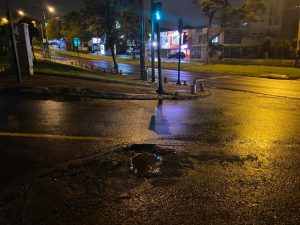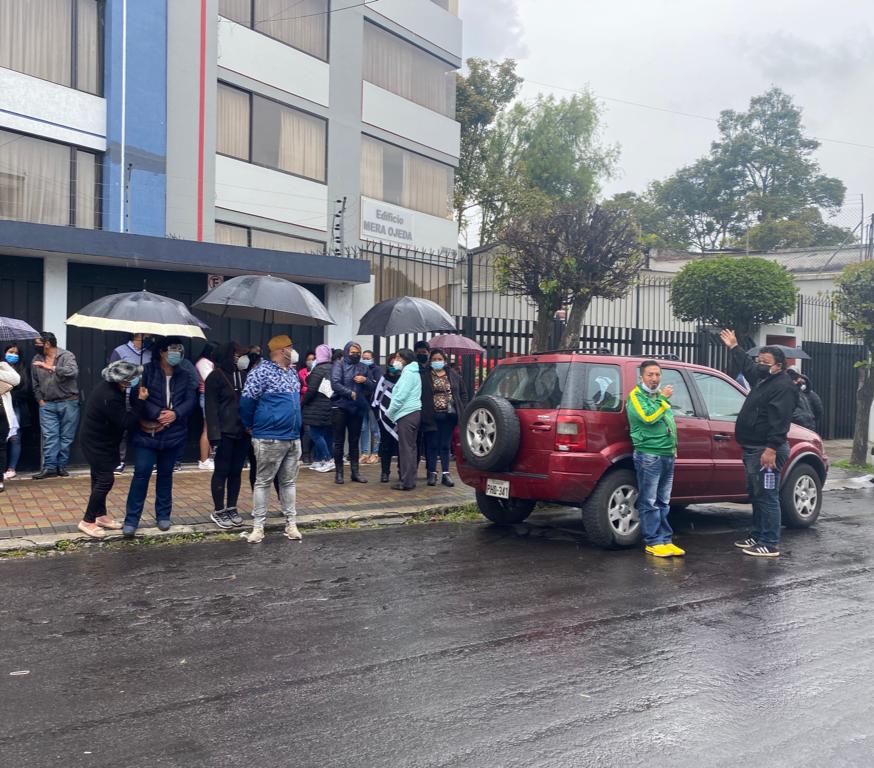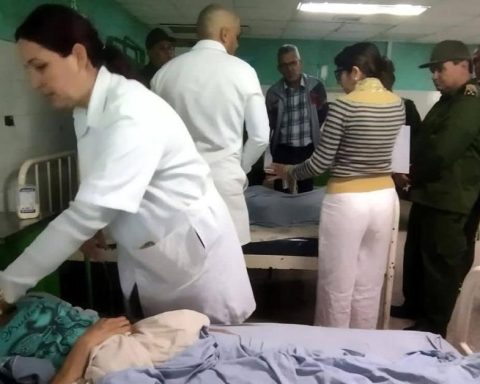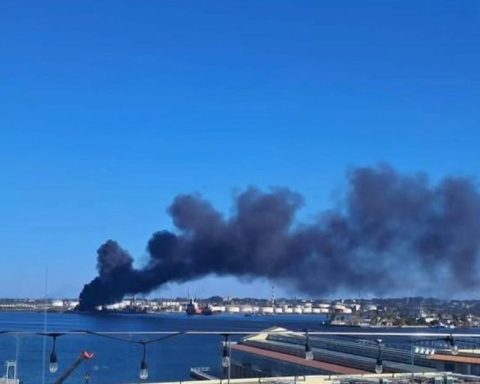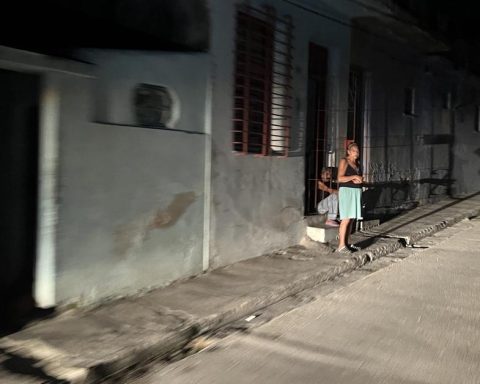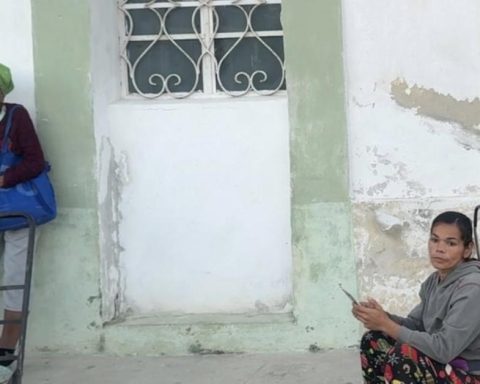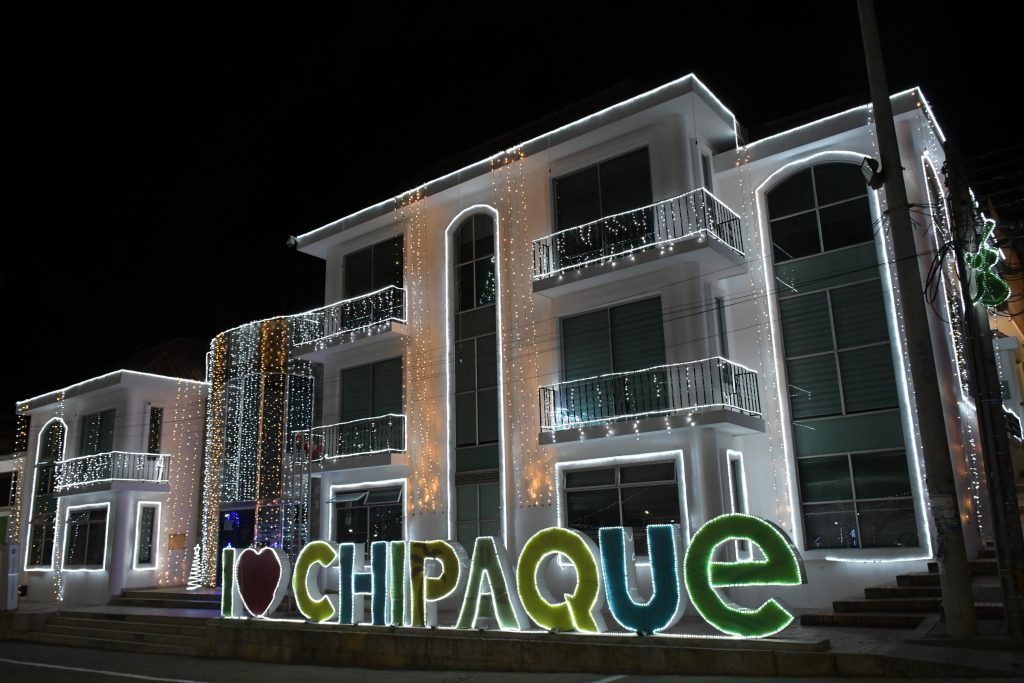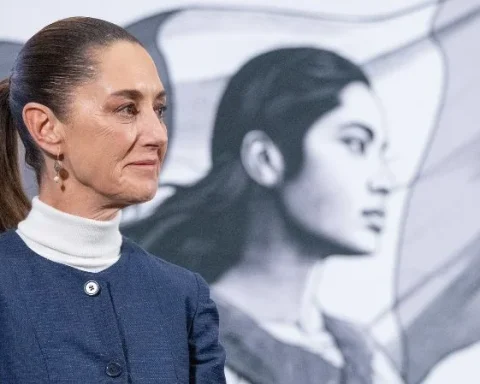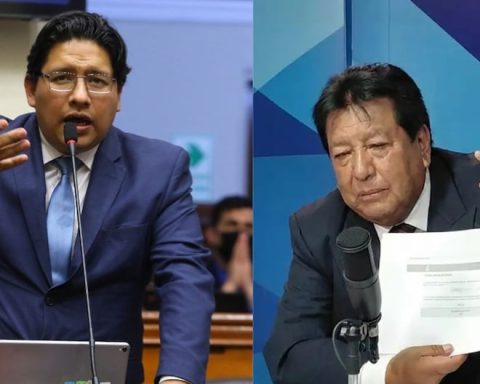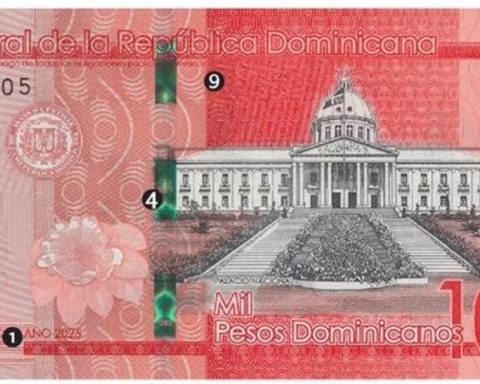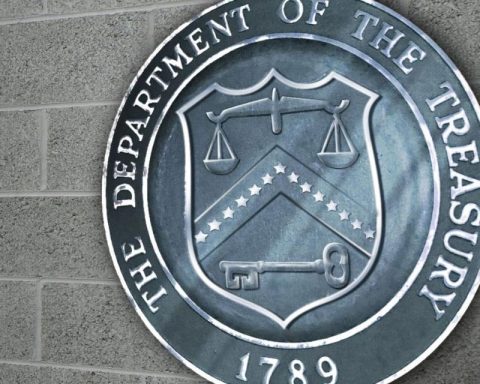That 80% of the capital’s streets have potholes affects the pocket and can also cause accidents.
Héctor Crespo’s vehicle is his means of work and there is not a day in which he does not dodge a bump on Quito.
Crespo recalls that two months ago, one night when it was raining, his vehicle fell into a hole on 6 de Diciembre avenue (north sector).
“I was injured with the rim, the rim and part of the shock absorber also suffered damage. At that time the impact was of such magnitude that I even had to go on a winch, ”says the man who lost not only hours of work, but money because he had to pay more than $ 150 between the spare parts and the winch.
Héctor’s case is not the only one. Wolfang Durán’s car, who works in delivery, fell into a hole and the rim of two of his tires bent.
“This also happens a lot in areas of the part of Cumbayá and Tumbaco, where I have colleagues, and they have bent rims or damage to the shock absorbers,” he says.
Patches over potholes
In 2017, the mobility commission of the Metropolitan Council learned about the Road Rehabilitation Operational Plan of the Metropolitan Public Mobility and Public Works Company (Epmmop) since 80% of the roads in Quito had reached their useful life. Currently, the situation is the same, 8 out of 10 streets have potholes or patches that will soon be potholes again.
Only between 2017 and 2019, the Municipality assigned close to 49 million to the resurfacing plan. However, changes in administrations, the lack of machinery and technical studies on vehicle loading have meant that the process does not follow its course and the streets return to their poor condition. This is how Olger Valdivia, a civil engineer, explains it.
Carolina Villacís, civil engineer, says that another cause for a resurfacing not to work is using a seal that was not adequate to join the old structure with the new one or it could be that the new pavement when they laid it was not at the proper temperature.
During his possession as mayor of Quito, Santiago Guarderas, He indicated that he will promote an “aggressive patching” plan for the city streets. At the moment, after less than three months of management, 5.2 kilometers have been repaved.
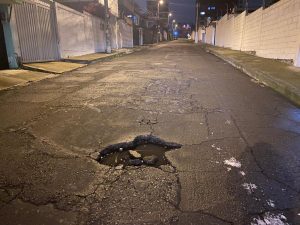
Mechanical damage = accidents
LA HORA carried out a survey in which it asked the public, has your car been damaged by potholes in Quito? 80% of 200 voters answered yes.
???? Has your car been damaged by potholes in #Quito?
If your answer is another, write it in comments ????????#TheHoraQuestion
– The Ecuador Hour (@lahoraecuador) December 9, 2021
Carlos Cueva, owner-owner of Mekatron, says that the main damage suffered by a vehicle due to the poor condition of the roads falling into a pothole, for example, is that it becomes misaligned, the tires can burst, the balance of the rim is lost or the bumpers or shocks are damaged.
Cueva highlights that there has been an increase in attention to cars due to the change of shock absorbers. “Only today I changed to three cars, that is known to be done monthly,” he details.
Mechanical damage can not only represent expenses, but also cause accidents. “The braking of the car will take longer, when it is with a bad shock absorber and in the curves the shock absorber what it does is to give stability that it will not have”.
Another problem is the damage to the steering, which causes the driver not to have control of the steering wheel.
Cueva details that Quito residents invest, once a year, in the annual inspection of their cars, which is a requirement for registration. But having to do this two or three times generates heavy expenses that vary according to the type of car and parts.
For example, changing the shock absorbers on an Aveo car could cost between $ 80 and $ 120. Whereas a Ford or Toyota could go as high as $ 700.
This is reflected in studies cited by the group ‘Positive Constructors’ in which it is estimated that vehicle damage, due to streets in poor condition, represents between $ 20 million and $ 30 million a year for citizens. (AVV)
Caer en un bache daña los amortiguadores de un carro. El cambio de estos puede costar entre $80 y $700.
Quito tiene 8.900 kilómetros de vías
On the former mayor of Quito, Jorge Yunda, the Prosecutor’s Office opened an investigation for the alleged existence of irregularities in resurfacing contracts.
